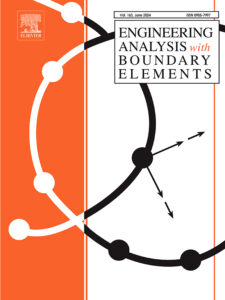A paper finding kids did worse in school following the Flint water crisis is “severely flawed and unreliable,” according to critics who were deeply involved in exposing the crisis.
The paper has now earned an addendum from the authors, but the critics say it should be retracted.
The authors of the article investigated whether the water crisis in Flint – a period when the drinking water in the Michigan city was contaminated with lead – affected the academic capability of children living there. The authors concluded children in Flint did worse in math after the crisis and more needed special education than before the episode.
The article was published in Science Advances in March and referenced by major news outlets like ProPublica and The Washington Post.
Continue reading Did Flint water crisis set kids back in school? Paper saying so is ‘severely flawed,’ say critics








